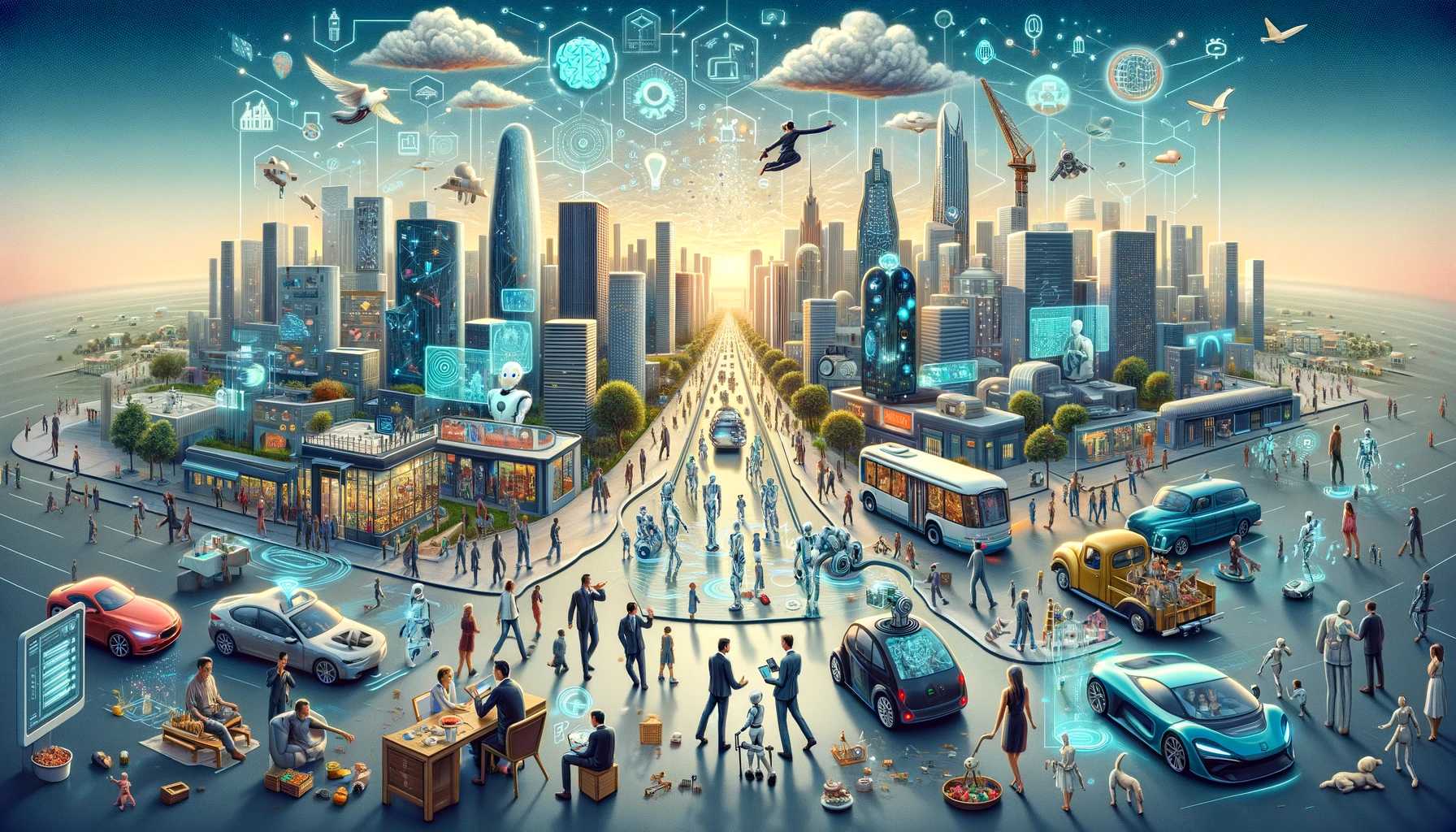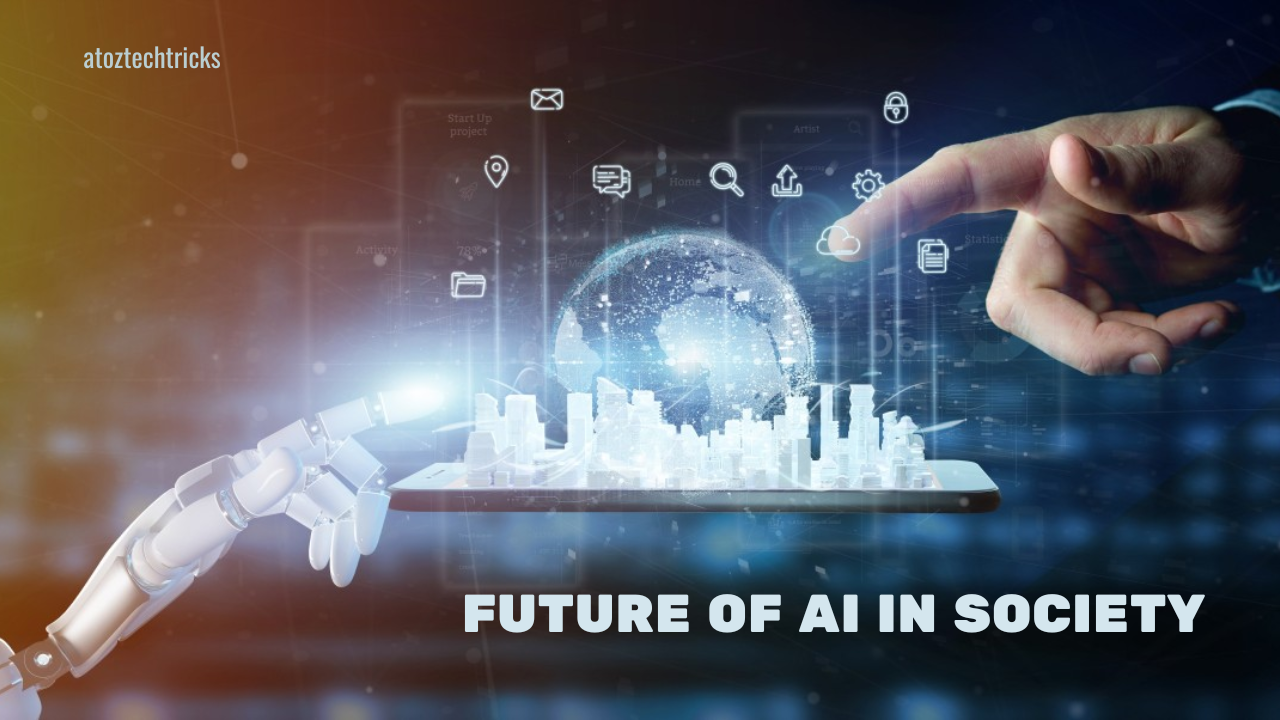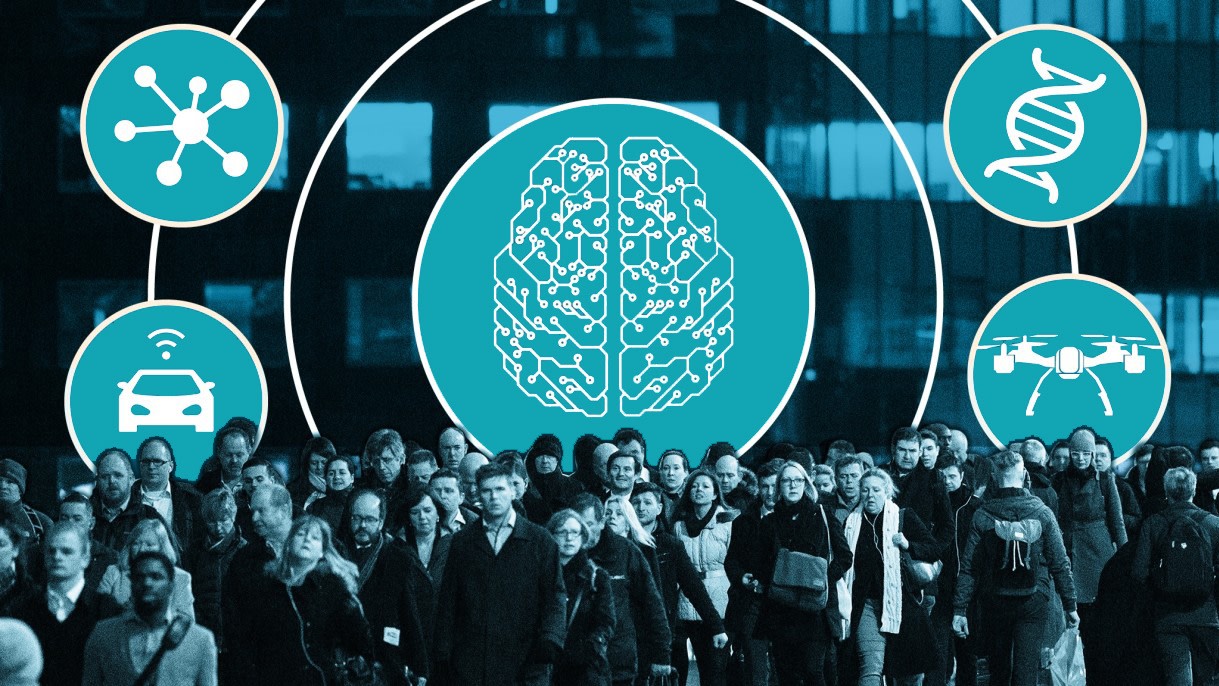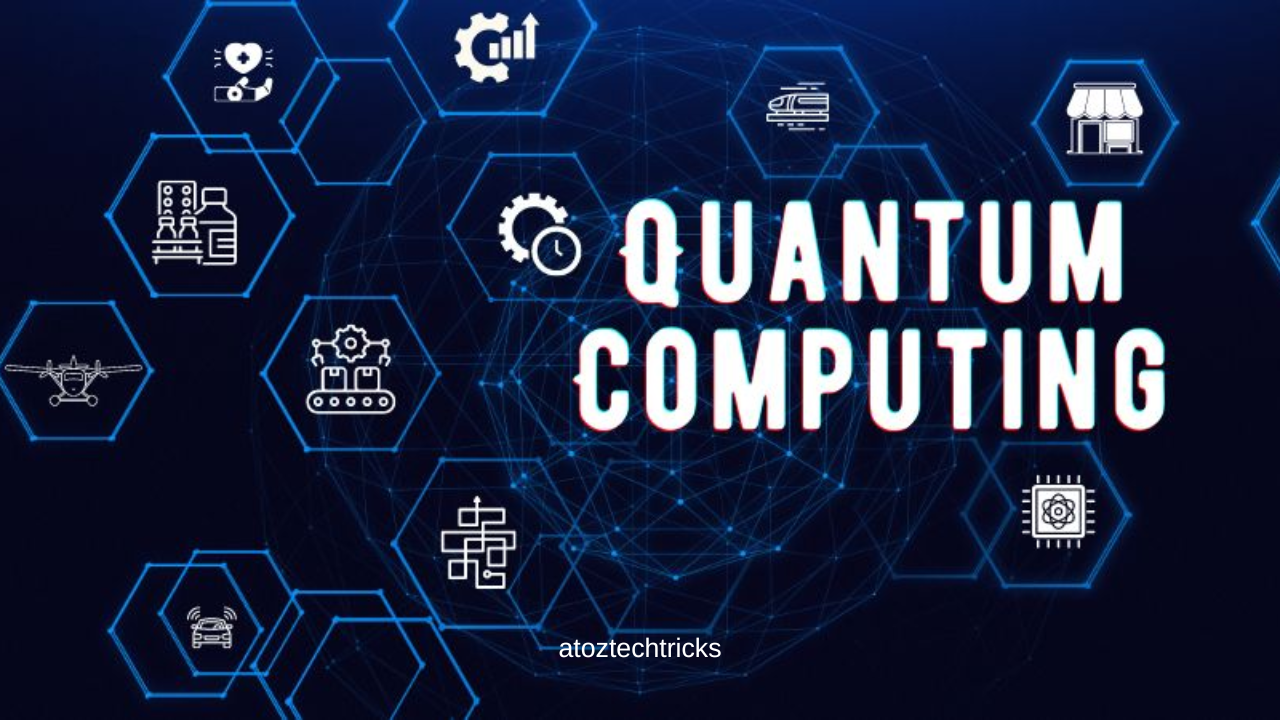Future of AI in Society: Navigating the Transformative Potential
Artificial Intelligence (AI) has evolved from a niche technology into a central force driving change across various facets of society. As AI continues to advance, its impact on our daily lives, industries, and the global economy is becoming increasingly profound. This article explores the future of AI in society, examining its potential benefits, challenges, and the ethical considerations that will shape its integration into our lives.
1. The Rise of AI: A Brief Overview
AI encompasses a broad range of technologies designed to mimic human cognitive functions such as learning, problem-solving, and decision-making. From early rule-based systems to sophisticated machine learning algorithms, AI’s development has been marked by significant milestones. The rise of AI is characterized by advancements in neural networks, natural language processing, and computer vision, enabling machines to perform tasks that were once considered uniquely human.
As we look to the future, AI’s role in society is set to expand dramatically. Innovations such as generative AI, autonomous systems, and advanced robotics are poised to redefine various sectors and aspects of daily life.
Impact of AI on the Workforce: Transformations, Challenges, and Opportunities
2. AI in Healthcare: Revolutionizing Patient Care
AI’s potential in healthcare is transformative, offering solutions to enhance diagnostics, personalize treatment, and streamline administrative tasks. The integration of AI can lead to:
a. Improved Diagnostics and Predictive Analytics
AI algorithms can analyze medical images, such as X-rays and MRIs, with remarkable accuracy, often surpassing human radiologists. Predictive analytics powered by AI can identify patterns in patient data, predicting disease outbreaks and individual health risks with high precision.
b. Personalized Medicine
AI enables the development of personalized treatment plans by analyzing genetic information and patient history. This approach can tailor therapies to individual needs, improving treatment outcomes and reducing adverse effects.
c. Streamlined Administrative Processes
AI-powered tools can automate administrative tasks such as scheduling, billing, and patient records management. This automation reduces the burden on healthcare professionals and allows them to focus more on patient care.
d. Remote Monitoring and Telemedicine
AI facilitates remote patient monitoring through wearable devices that track vital signs and health metrics. Telemedicine platforms, enhanced by AI, can provide virtual consultations, expanding access to healthcare services.

3. AI in Education: Transforming Learning and Teaching
The integration of AI in education promises to create more personalized and efficient learning environments. Key areas of impact include:
a. Personalized Learning Experiences
AI can analyze students’ learning styles, strengths, and weaknesses to provide tailored educational experiences. Adaptive learning platforms use AI to adjust content and pace according to individual student needs.
b. Intelligent Tutoring Systems
AI-powered tutoring systems can offer real-time feedback and support to students, complementing traditional classroom instruction. These systems can identify areas where students struggle and provide additional resources or exercises.
c. Administrative Efficiency
AI can automate administrative tasks such as grading, attendance tracking, and curriculum management. This efficiency allows educators to dedicate more time to interactive and creative teaching methods.
d. Expanding Access to Education
AI-driven platforms and tools can provide educational resources to remote or underserved areas, bridging gaps in access to quality education and enabling lifelong learning opportunities.
4. AI in the Workplace: Changing Job Dynamics
AI’s impact on the workplace is both promising and challenging, influencing job roles, productivity, and workforce dynamics. Key aspects include:
a. Automation of Routine Tasks
AI-driven automation can handle repetitive and mundane tasks, such as data entry, customer service inquiries, and manufacturing processes. This automation can increase efficiency and reduce human error.
b. Augmentation of Human Skills
AI can augment human skills by providing tools and insights that enhance decision-making and productivity. For example, AI-powered analytics can assist in strategic planning and complex problem-solving.
c. Job Displacement and Creation
While AI may lead to the displacement of certain jobs, it also creates new opportunities in fields such as AI development, data science, and robotics. Reskilling and upskilling initiatives will be crucial to preparing the workforce for these changes.
d. Ethical and Organizational Considerations
The integration of AI in the workplace raises ethical concerns regarding privacy, bias, and the impact on job security. Organizations must address these issues and establish frameworks for responsible AI use.
Ethics of AI: Navigating the Future of Artificial Intelligence
5. AI and the Economy: Driving Innovation and Growth
AI has the potential to drive significant economic growth and innovation across various industries:
a. Enhanced Productivity and Efficiency
AI can boost productivity by optimizing processes, reducing operational costs, and improving resource management. Industries such as manufacturing, logistics, and finance stand to benefit from AI-driven innovations.
b. Creation of New Markets and Business Models
AI fosters the emergence of new markets and business models, including AI-as-a-service, autonomous vehicles, and smart cities. These developments can spur economic growth and create new revenue streams.
c. Investment and Research Opportunities
The rapid advancement of AI presents opportunities for investment and research in emerging technologies. Venture capital and government funding are fueling innovation and supporting the development of cutting-edge AI applications.
d. Global Competitiveness
Countries that invest in AI research and development can gain a competitive edge in the global economy. Collaboration between governments, academia, and industry is essential to harness AI’s full potential and address associated challenges.
6. Ethical and Social Implications of AI
The future of AI raises important ethical and social considerations that must be addressed to ensure responsible development and deployment:
a. Privacy and Data Security
AI systems often rely on large datasets, raising concerns about data privacy and security. Safeguarding personal information and ensuring transparency in data usage is critical for maintaining public trust.
b. Bias and Fairness
AI algorithms can inadvertently perpetuate biases present in training data, leading to unfair or discriminatory outcomes. Addressing these biases and ensuring fairness in AI systems is essential for equitable decision-making.
c. Accountability and Transparency
Determining accountability for AI-driven decisions and ensuring transparency in AI processes are crucial for ethical AI development. Clear guidelines and regulations are needed to establish responsibility and oversight.
d. Societal Impact and Human Agency
AI’s influence on societal norms and human agency must be carefully considered. Ensuring that AI enhances human well-being and respects individual autonomy is fundamental to its ethical integration.

7. The Path Forward: Embracing AI’s Potential Responsibly
The future of AI holds immense promise, with the potential to revolutionize various aspects of society. However, realizing this potential requires a balanced approach that addresses the following:
a. Collaboration and Innovation
Fostering collaboration between governments, academia, and industry is essential for advancing AI research and addressing societal challenges. Innovation should be guided by ethical principles and a commitment to the public good.
b. Education and Skill Development
Investing in education and skill development is crucial for preparing individuals for the evolving job market. Emphasizing AI literacy and technical skills will empower the workforce to adapt to future changes.
c. Ethical Frameworks and Regulations
Establishing ethical frameworks and regulations for AI development and deployment is vital for ensuring responsible use. Policymakers and stakeholders must work together to create guidelines that balance innovation with ethical considerations.
d. Public Engagement and Awareness
Engaging the public in discussions about AI’s impact and benefits will foster a better understanding of the technology. Promoting awareness and transparency can help build trust and facilitate informed decision-making.
The future of AI in society is marked by both excitement and uncertainty. As AI continues to advance, its transformative potential across healthcare, education, the workplace, and the economy becomes increasingly apparent. Embracing AI responsibly requires addressing ethical considerations, fostering collaboration, and preparing for a future where AI plays a central role in shaping our lives. By navigating these challenges thoughtfully, we can harness AI’s power to drive positive change and create a more equitable and innovative society.





Post Comment